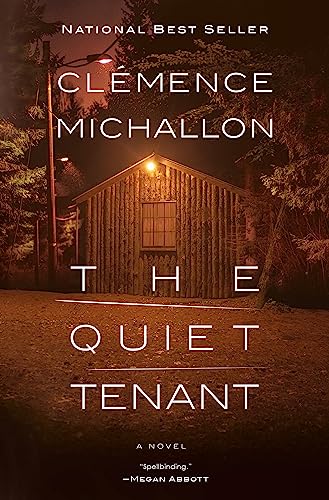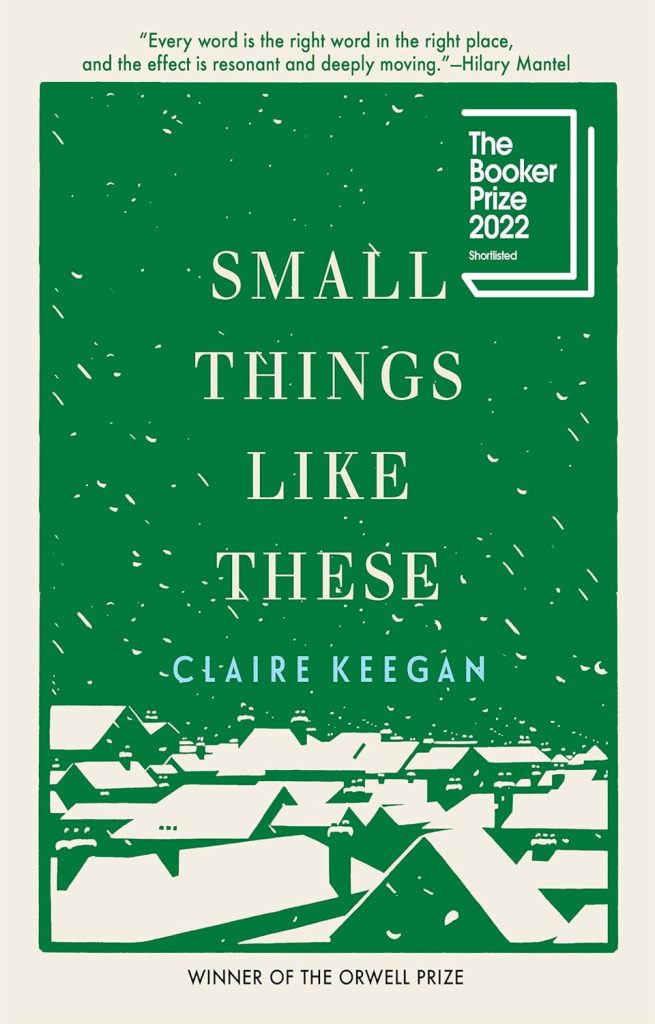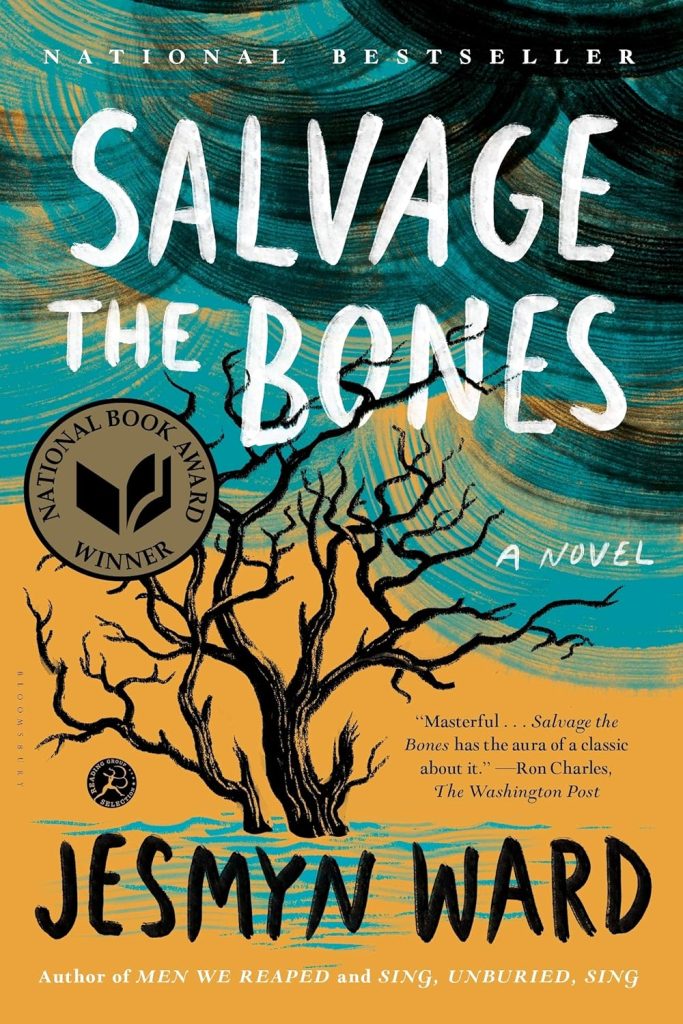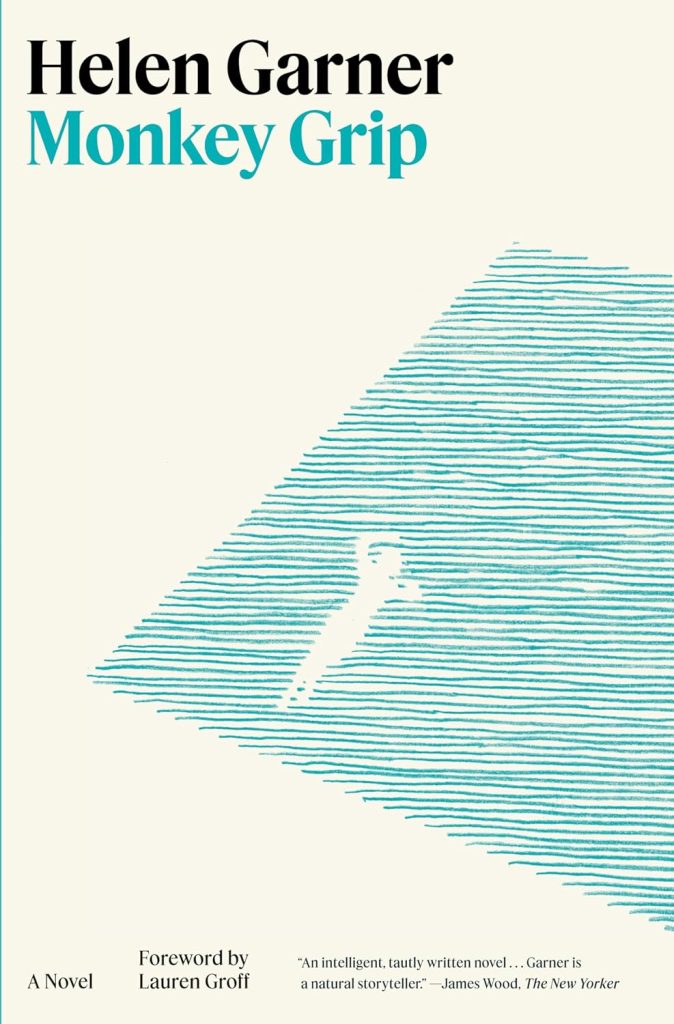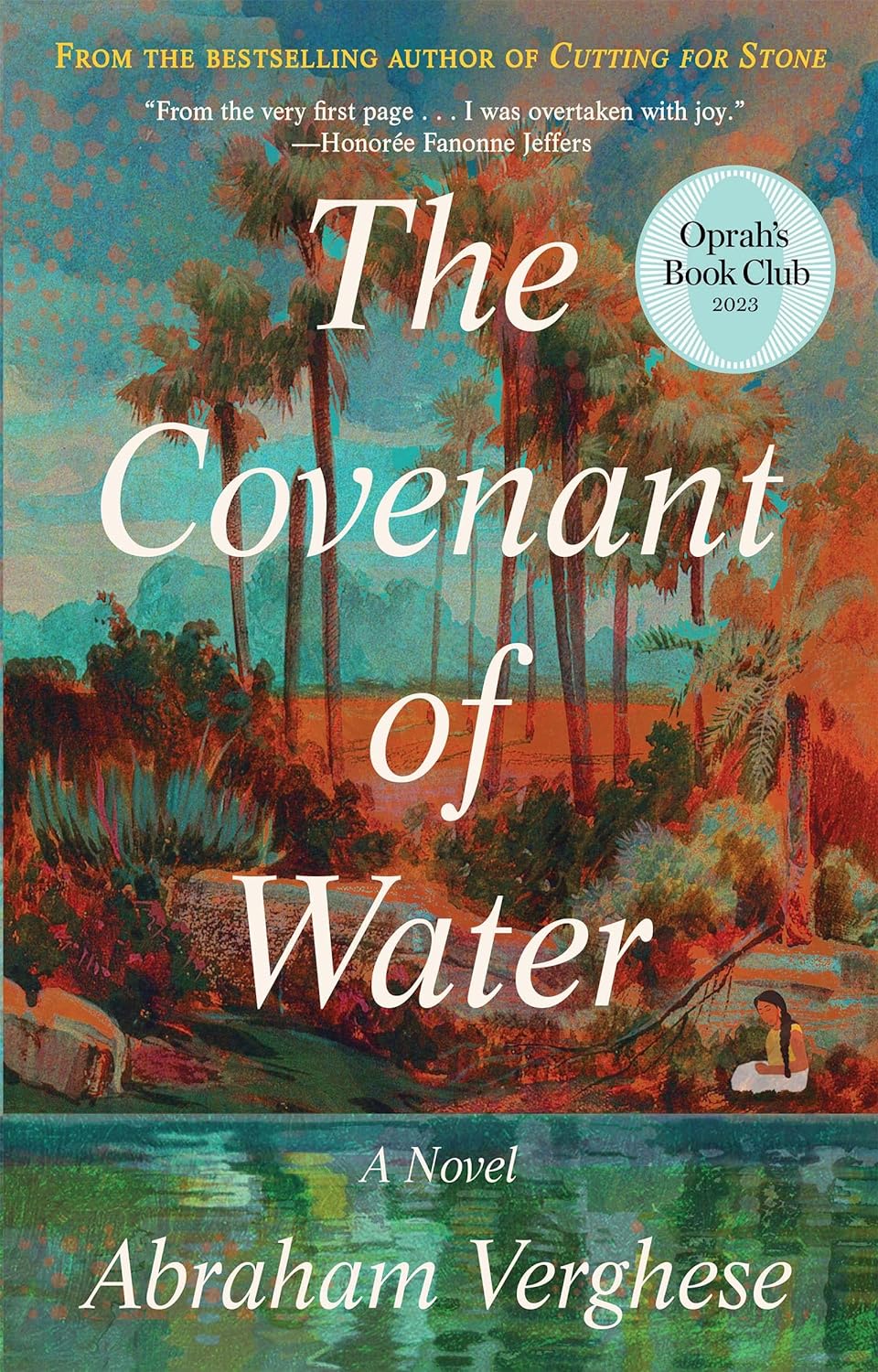
The Covenant of Water
Estimated reading time: 1 minute, 37 secondsToday, I began reading The Covenant of Water, the long-awaited new novel by Abraham Verghese, the author of the significant word-of-mouth bestseller Cutting for Stone, which has sold over 1.5 million copies in the United States alone and remained on the New York Times bestseller list for over two years. The Covenant of Water was a holiday gift from Mike, Elyssa, Nick, and Wes.
From 1900 to 1977, The Covenant of Water is set in Kerala, on South India’s Malabar Coast. It follows three generations of a family that suffers a peculiar affliction: in every generation, at least one person dies by drowning—and in Kerala, water is everywhere. At the turn of the century, a twelve-year-old girl from Kerala’s long-existing Christian community, grieving the death of her father, is sent by boat to her wedding, where she will meet her forty-year-old husband for the first time. From this unforgettable new beginning, the young girl—and future matriarch, known as Big Ammachi—will witness unthinkable changes throughout her extraordinary life, full of joy and triumph as well as hardship and loss, her faith and love the only constants.
A shimmering evocation of a bygone India and of the passage of time itself, The Covenant of Water is a hymn to progress in medicine and human understanding and a humbling testament to the difficulties undergone by past generations for the sake of those alive today. It is one of the most masterful literary novels published in recent years.
The Jan Lilien Education Fund sponsors ongoing sustainability and environmental awareness programs. Regarding gifts made this month, I will match dollar for dollar. All donations are tax-deductible.
I receive a commission when you buy a book or product using a link on this page. Thank you for supporting Sharing Jan’s Love blog.


